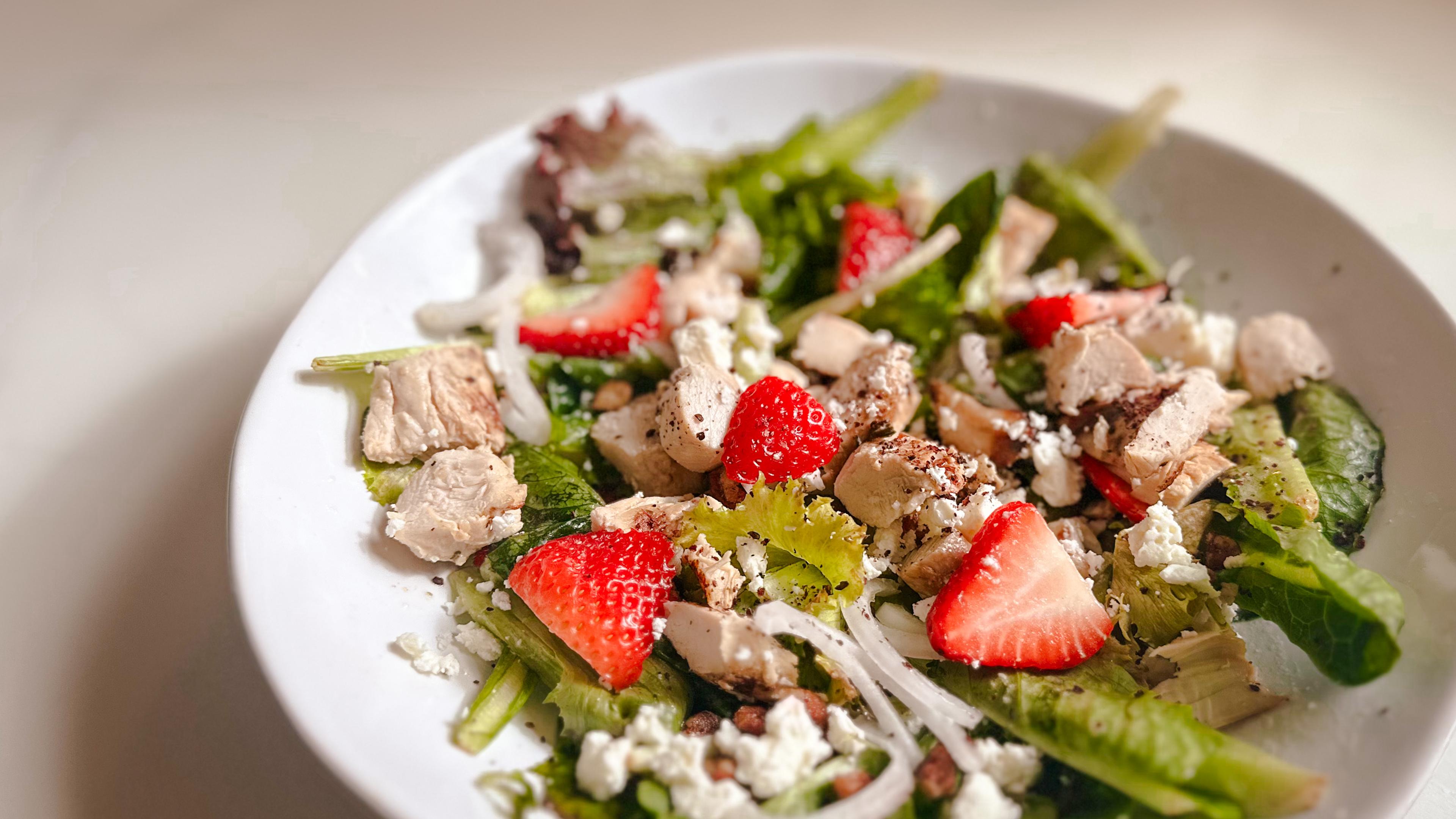Which Cooking Oils Are Best for Heart Health?
Shandra Martinez
| 3 min read

It’s difficult to imagine making a week’s worth of meals without that familiar reach for your favorite oil. Whether you’re using it to sauté fresh vegetables, drizzling it over hot, crusty bread or whisking it with spices into a vinaigrette, oil is a kitchen staple. But while there are a lot of choices on store shelves, some types of oil are better for your heart than others.
All oils are a type of fat, so they should be used sparingly compared to other ingredients in your diet. But there are some easy ways to tell which oils are better for your health. When you reach for an oil to cook with, you want to make sure you’re using an unsaturated fat.
These fats – which include monounsaturated fatty acids and polyunsaturated fats – are known as healthy fats because they pack some health benefits. These plant-based fats are a key piece to the well-known Mediterranean Diet, which is focused on fresh vegetables, fruits, nuts and lean protein. They include:
- Olive (extra virgin olive oil is healthiest)
- Canola
- Peanut
- Soybean
- Sunflower
- Corn
- Flaxseed
- Sesame
Health benefits of unsaturated fats: Why are these fats better for you? They can leave some parts of your body – including your heart – in better shape than they found them. According to the Mayo Clinic, adding monounsaturated fatty acids like the ones in olive and canola oil to your diet may help lower your risk of developing heart disease. It can not only lower a person’s total cholesterol level, but it may specifically decrease low-density lipoprotein (LDL) levels, also known as the “bad” cholesterol. Other heart-healthy benefits of unsaturated fats:
- Improves blood vessel function
- Helps control blood sugar and insulin levels
- Lowers the risk of stroke
- Provides nutrients needed by the body’s cells
Healthy tips and swaps: Use these heart-healthy unsaturated oils in place of saturated fats like butter, stick-style margarine, lard, palm or coconut oils. The American Heart Association has some cooking suggestions for using these oils:
- Check the use-by date on your container of oil. Make sure it’s not old or rancid. If it’s expired or smells bad, throw it out.
- Store your oils in a dark, cool place to keep them fresh.
- Use healthy oils to coat your pans to keep food from sticking.
- Use these oils to “season” your cast iron cookware.
- Drizzle healthy oils on breads, vegetables, fish or other lean protein to add flavor.
- If you are heating oil and it starts to smoke, toss it and start over. The quality of oil degrades once it reaches its smoke point.
- Cooking oils should not be reused or reheated.
Related:
- Cheese You Can Eat if You’re Lactose Intolerant
- Exploring the Pros and Cons of Milk Alternatives
- Butter Alternatives: Which One Is Best?
Photo credit: Getty Images





